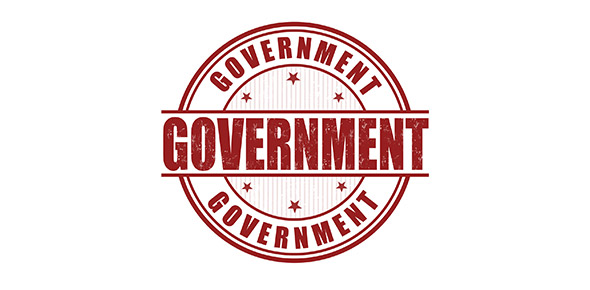Related Flashcards
Related Topics
Cards In This Set
| Front | Back |
|
Standing to sue
|
Requirment that plaintiffs have serious interest in a case. Depends on whether they have or will sustain direct and substantial injury from a party or action of gov't.
|
|
Class action suit
|
Permits small number of people to sue on behalf of all people similarly situated.
|
|
Justiciable dispute
|
Requirement that to be heard a case must be capable of being settled as a matter of law rather than on other grounds.
|
|
Amicus curiae brief
|
Legal brief submitted by "friend of the court" to raise additional points of view and present info not in briefs of the formal parties.
|
|
Original jurisdiction
|
Courts that can hear a case first, usually in a trial. Determine facts of a case.
|
|
Appellate jurisdiction
|
Courts that hear cases appealled from lower courts. Don't review facts, only legal issues involved.
|
|
District court
|
91 federal courts of original jurisdiction. Only federal courts where trials held and juries impaneled.
|
|
Court of appeal
|
Review final decisions of district courts, except in rare cases, Also hear appeals to orders of many federal regulatory agencies.
|
|
Supreme Court
|
Peak of judiciary. Ensures uniformity in interpreting national laws, resolves conflicts among states, and maintains national supremacy in law. Has both original and appellate jurisdiction, but decides own agenda.
|
|
Senatorial courtesy
|
Unwritten tradition where nominations for state-level federal judicial posts aren't confirmed if opposed by senator of president's party from state where nominee would serve. Applies to courts of appeal.
|
|
Solicitor general
|
Presidential appointee and 3rd-rankind office in Dept. of Justice. In charge of appellate court litigation of federal gov't.
|
|
Opinion
|
Statement of legal reasoning behind a judicial decision.
|
|
State decisis
|
"Let the decision stand" in Latin. Most cases reaching appellate courts settled on this principle.
|
|
Precedent
|
How simlar cases have been decided in the past.
|
|
Judicial implementation
|
How/ whether court decisions are translated into actual policy.
|






